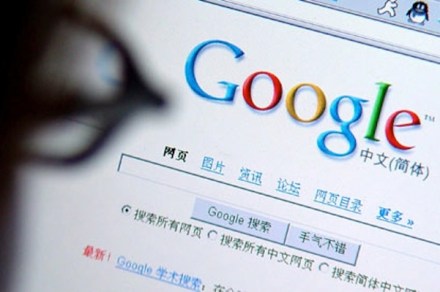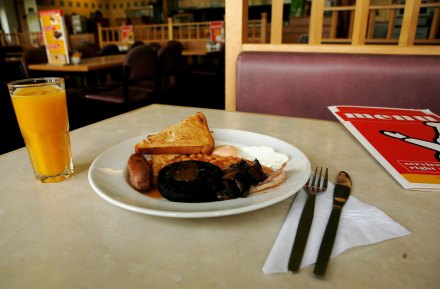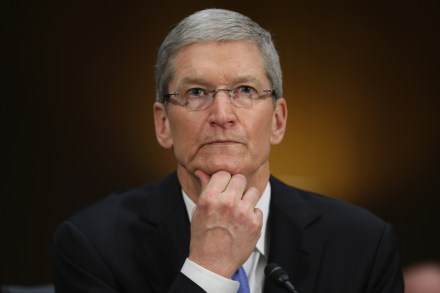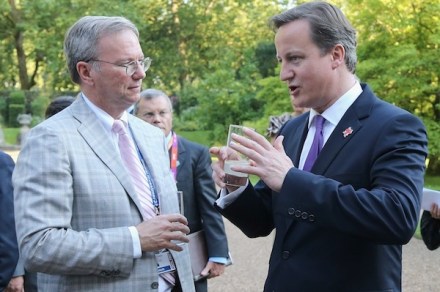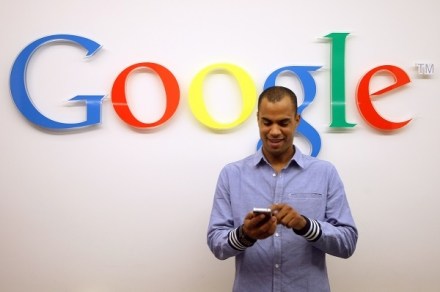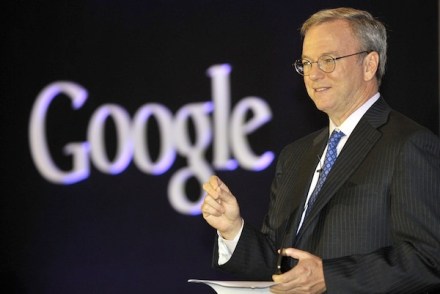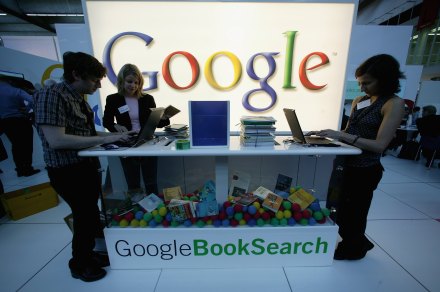Hugo Rifkind: What is Facebook?
I’d never noticed that there aren’t any tits on Facebook. The place always seems brimming with right tits to me. But no. According to this week’s mumbling bien-pensant scandal, the world’s largest social network has decided to allow newsy videos of murder and beheading and all the rest, but still not tits, and this is an outrage. Strangely enough, it’s mainly regarded as an outrage by the sort of people who are normally to be found slamming publications such as men’s mags and the Sun because they minimise the proper news and have tits all over the place. Honestly. Anybody would think these people just like to be cross, or



